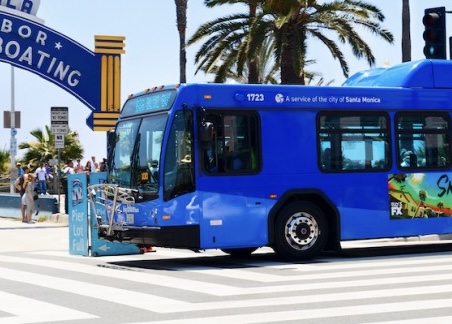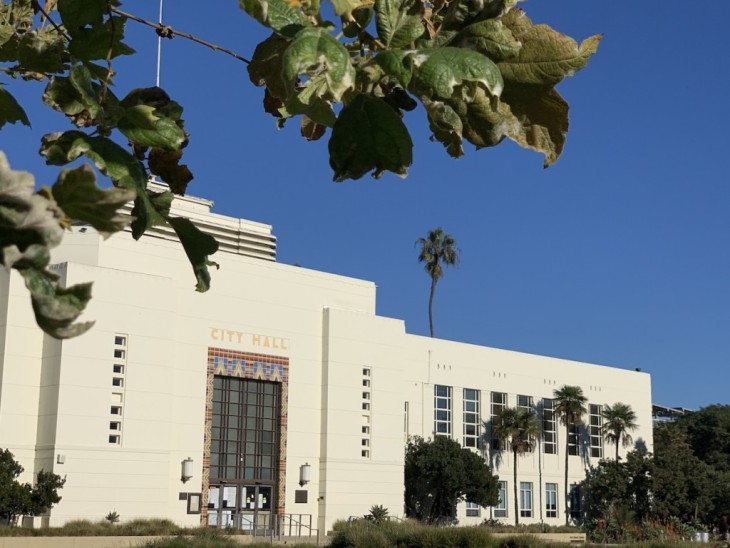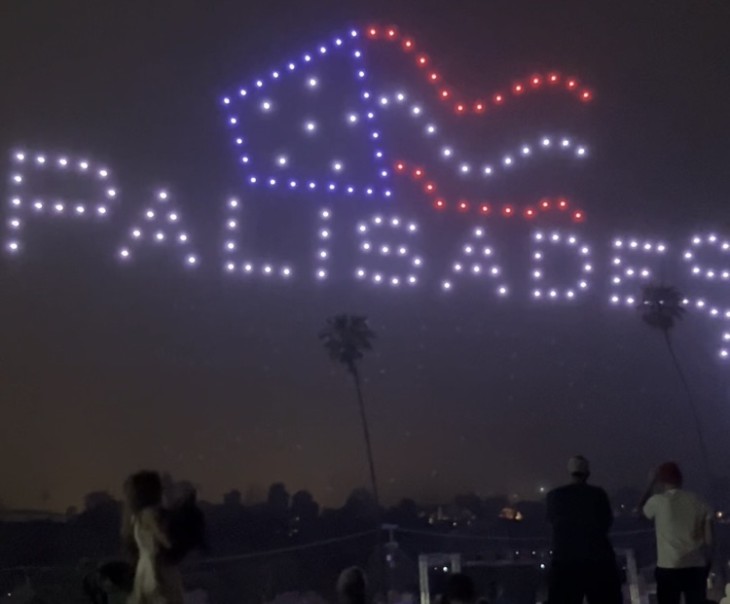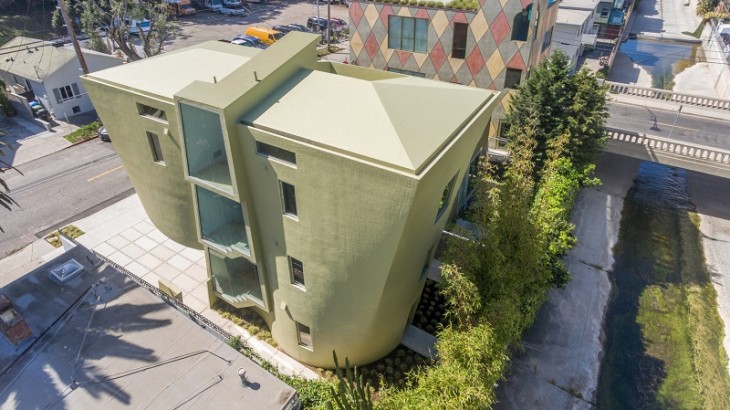As they debate at long distance while barnstorming the country to raise both money and their own prospects in next year’s election, no disagreement between President Obama and Texas Gov. Rick Perry is sharper than their dispute over the status of the Mexican border.
Obama made the statement that ignited this rhetorical battle while on a trip to the border city of El Paso, Tex., last summer. “The border is safer than it’s ever been,” he declared.
It was clear Obama referred only to the United States side of the line stretching from Brownsville on the Gulf of Mexico to San Ysidro on the Pacific Ocean just south of San Diego. That’s because no one who’s not either crazy or completely ignorant could make such a statement about the Mexican side of the border, where murders occur slightly more than daily in Juarez, less than two miles from the spot where Obama spoke.
Perry, too, has discussed only the American side of the border as he seeks the Republican nomination to oppose Obama next year, knowing that no U.S. or state official can immediately pacify the drug cartel wars raging in many parts of Mexico.
Obama, Perry said, either “has some of the poorest intel of a president in the history of this country or he was an abject liar to the American people.” He also laments having had to spend about $400 million in state funds for border-related public safety projects over his 11 years as governor.
But the facts, as reported by the FBI, appear to indicate Perry is wrong.
How safe or dangerous are border cities? In California, surprisingly, they have lately been far safer than many places far from the southern border. This holds true both for murders per 1,000 population and for overall crime rates in the FBI’s report on 2010.
San Diego, parts of which abut Mexico, had no murders that year, rare for a big city anywhere. Neither did Calexico, opposite the Baja California capital of Mexicali, which has seen its share of drug war violence. Nor were there any in Nogales, Ariz. – and those are the centers of the three busiest border crossing areas west of El Paso. Meanwhile, there were 62 killings in Nogales, Sonora, Mexico – directly across the border from its American namesake.
When it comes to overall crime, the East Bay city of Richmond – about 450 miles from the border – ranked sixth in the nation. Compton, in Los Angeles County, was eighth, Vallejo 33rd, San Bernardino 34th, Stockton 39th and Salinas 57th. Per capita, those were the most dangerous places in California. Not one is a border town or at all close to Mexico. Los Angeles, for purposes of comparison, was No.158 in per capita crime, and San Diego ranked No. 221 nationally. Chula Vista, barely north of the border, was No. 246.
It’s the same in Texas, where the Corpus Christi, not far from the border, is No. 142 and the direct border town Laredo ranks No. 144. El Paso, where Obama spoke, had the 275th highest crime rate out of 350 cities listed. All had far lower crime rates than big Texas cities like Austin, Houston and San Antonio.
So maybe it’s Perry who has poor intelligence. For even as their crime rates dropped, border towns in his state like Laredo and Brownsville saw population growth topping 25 percent over the last 10 years – mostly Mexican immigrants. El Paso grew about 15 percent, but its crime rate also dropped.
When Perry voices false implications about violence spreading to the U.S. side of the border, he infuriates some Latinos, who believe he’s essentially accusing Hispanics of being a violent element, something substantially debunked by the FBI numbers.
Perry sometimes portrays himself as a moderate on immigration issues because of he’s supported in-state tuition for undocumented immigrant students who are working toward legal status.
But Frank Sharry, head of the immigrants’ rights group America’s Voice, says “He is no moderate. He opposes any talk of comprehensive immigration reform until ‘the border is secured first’ – which in current-day Republican speak means ‘comprehensive immigration reform never.’”
Sharry and other Latino leaders were also upset when Perry in Republican debates stressed his support for laws like those in Alabama and Arizona, which require police to demand documents from anyone they suspect might be here illegally.
The bottom line on this verbal clash between Obama and Perry: It might help Perry a little in primary elections dominated by the far right and the Tea Party, but if he manages to become the Republican nominee next year, this will hurt him against Obama.


























